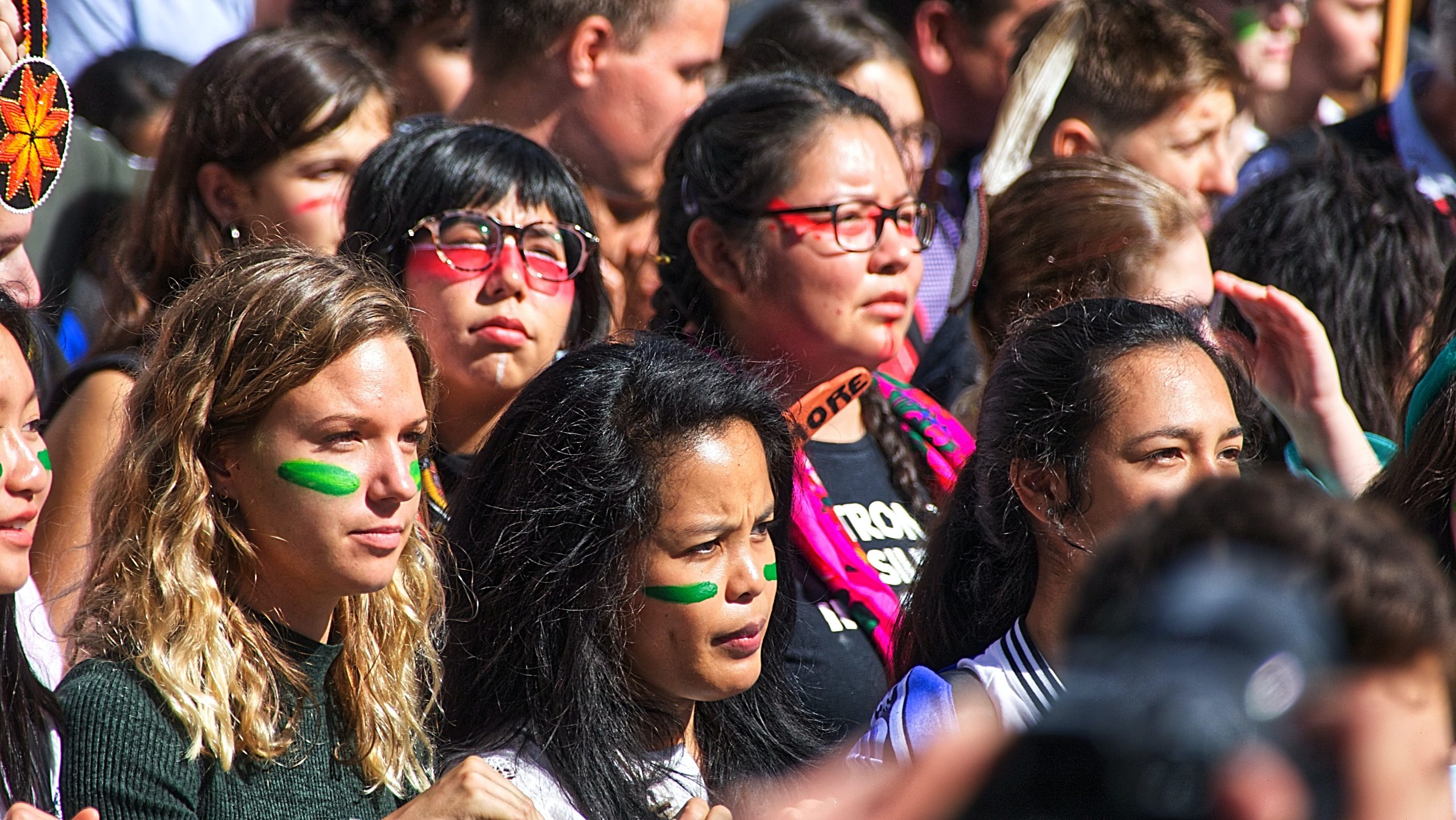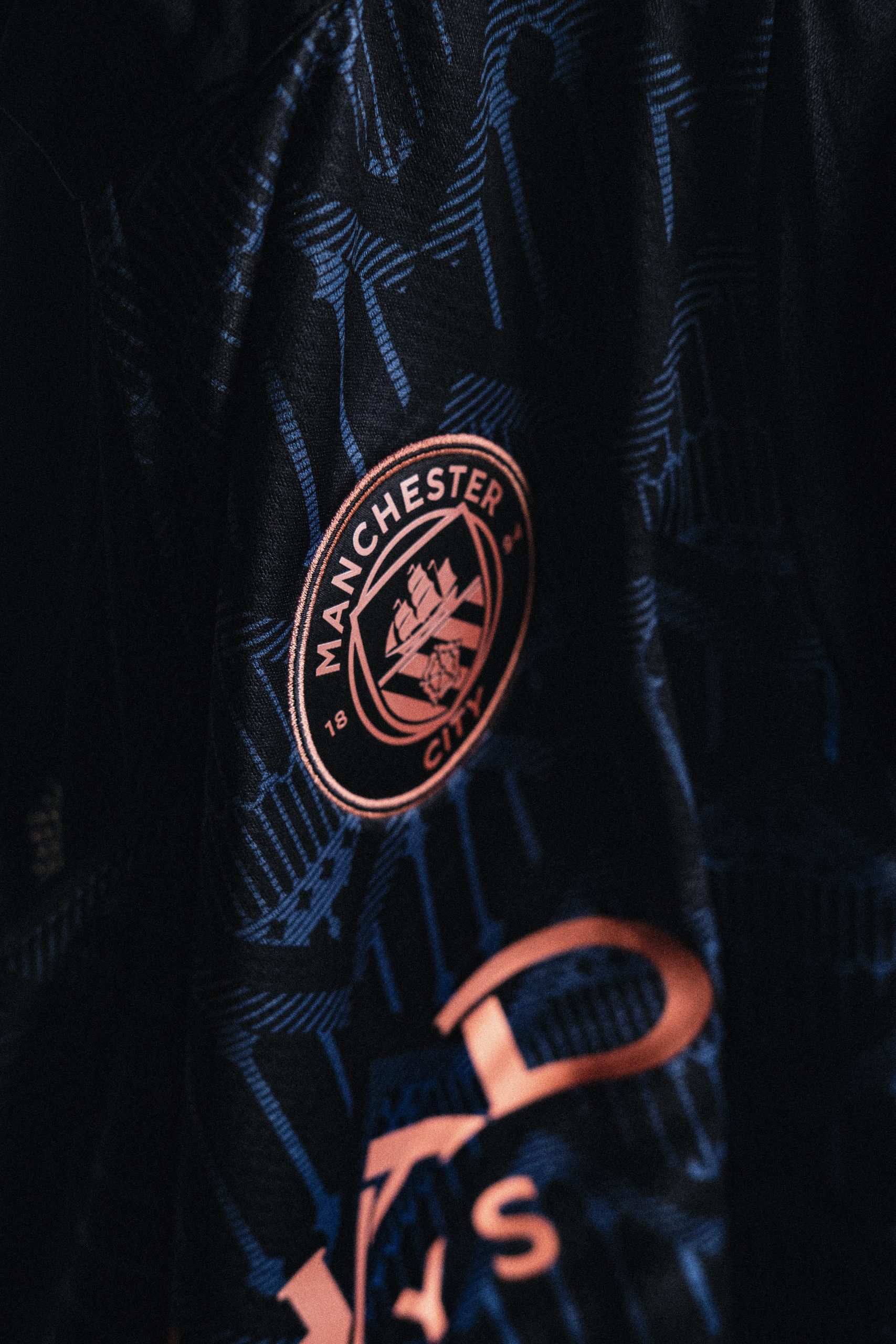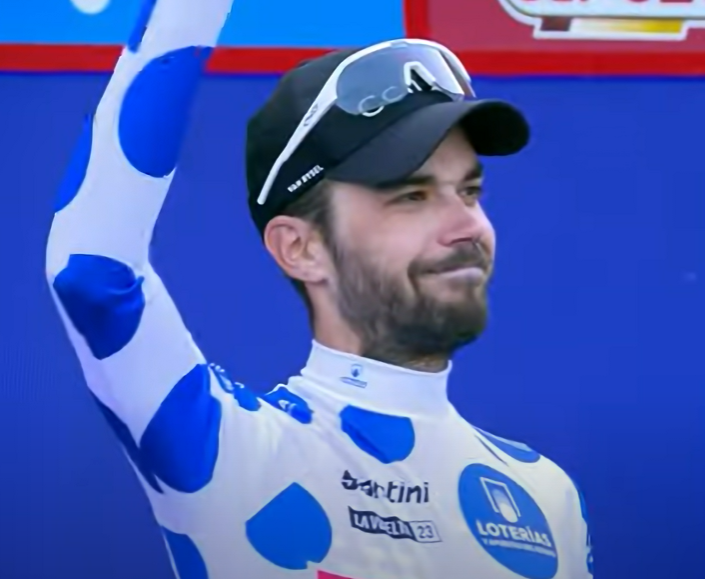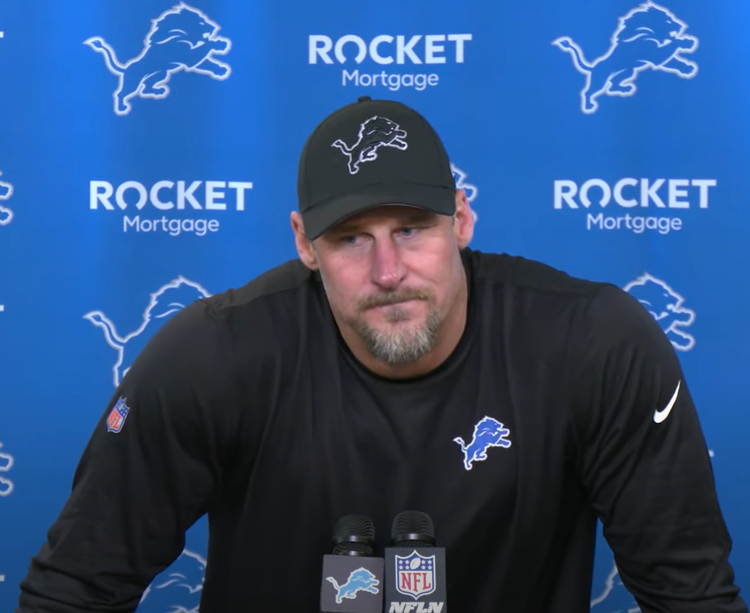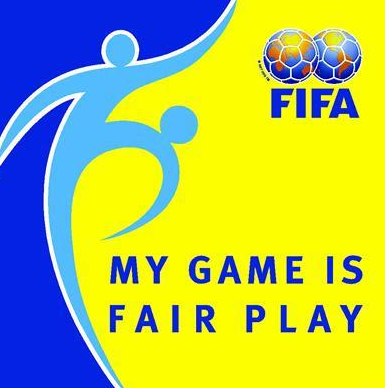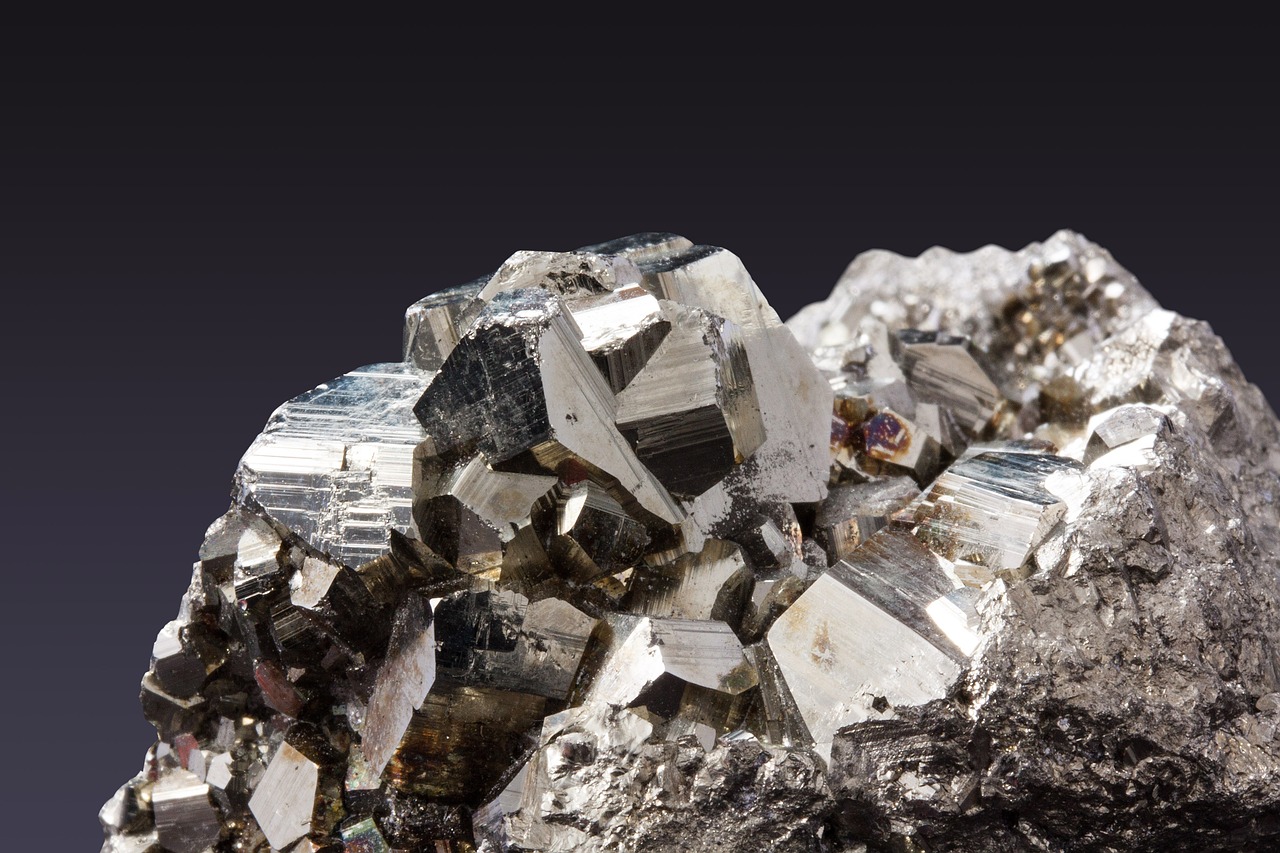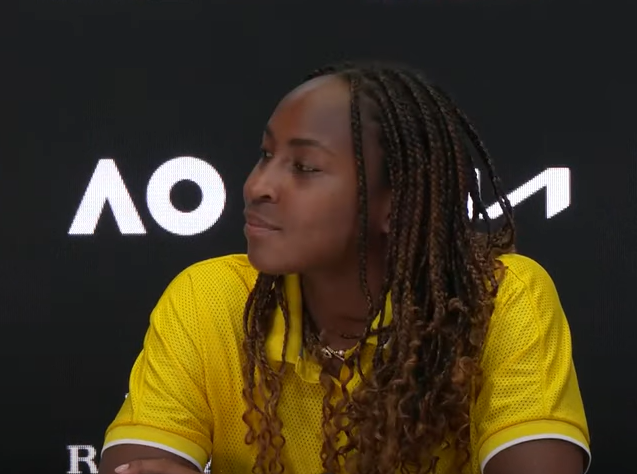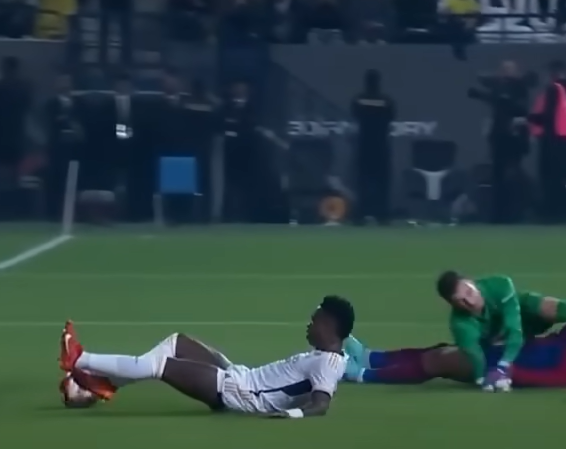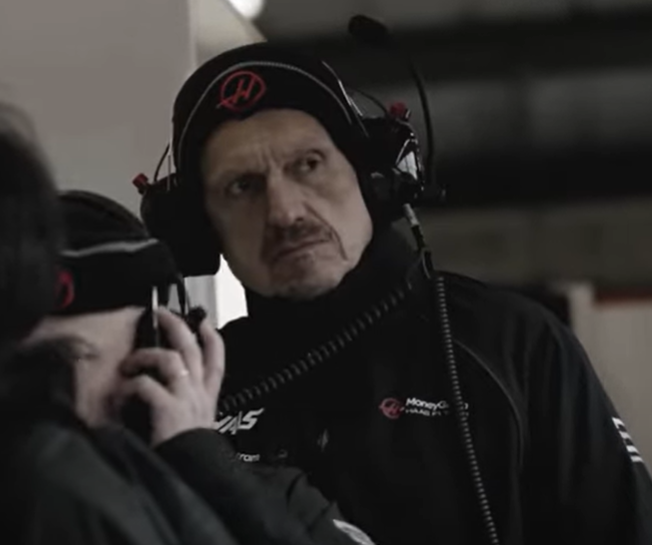The football world is no stranger to controversy, but the recent claims levelled against Manchester United forward Antony have sent shockwaves throughout the sport. Accused of domestic violence by his former girlfriend, Gabriela Cavallin, the Brazilian athlete finds himself at the focus of a storm that affects not only his career but also the institutions he represents.
The Allegations
Gabriela Cavallin has accused Antony of multiple instances of physical assault, including a headbutt that required medical attention and an attack that damaged her silicone breast implant, necessitating corrective surgery. As a result of these allegations he has been removed from the Brazilian national team’s squad for the forthcoming World Cup qualifiers. Both São Paulo and Greater Manchester police are looking into the allegations, which Antony has categorically denied.
The Institutional Response
The Brazilian football association acted quickly, withdrawing Antony from the national squad in order “to protect the alleged victim, the player, and the Brazilian national team.” Manchester United, on the other hand, has yet to respond, raising concerns about the club’s stance on such severe claims, particularly in light of a similar scandal involving another player, Mason Greenwood, last month.
The Social Media Storm
Antony has denied the charges on social media, claiming that his relationship with Cavallin was “tumultuous” but that he “never committed any physical aggression.” His remarks have done little to calm the public outpouring of anger, with many advocating for his immediate suspension from Manchester United until the problem is settled.
The Ethical Dilemma
The case presents an ethical dilemma for both Manchester United and the Brazilian Football Confederation. While the “innocent until proven guilty” principle must be preserved, the seriousness of the allegations cannot be overlooked. The scenario requires a balanced response that respects all parties’ rights while also conveying a strong message against domestic abuse.
The Legal Implications
The continuing police investigations in both Brazil and the United Kingdom add a legal dimension to the debate. If convicted, Antony might face harsh consequences, including jail time, which would surely terminate his football career. Even if he is acquitted, the damage to his reputation may be permanent.
The Antony scandal is a litmus test for how football organisations handle such charges. It raises major concerns regarding clubs’ and national teams’ duties in dealing with players suspected of serious misbehaviour. The football world will be monitoring the court processes intently not only to see what happens to Antony, but also to assess the maturity and ethical standing of the institutions he represents.


